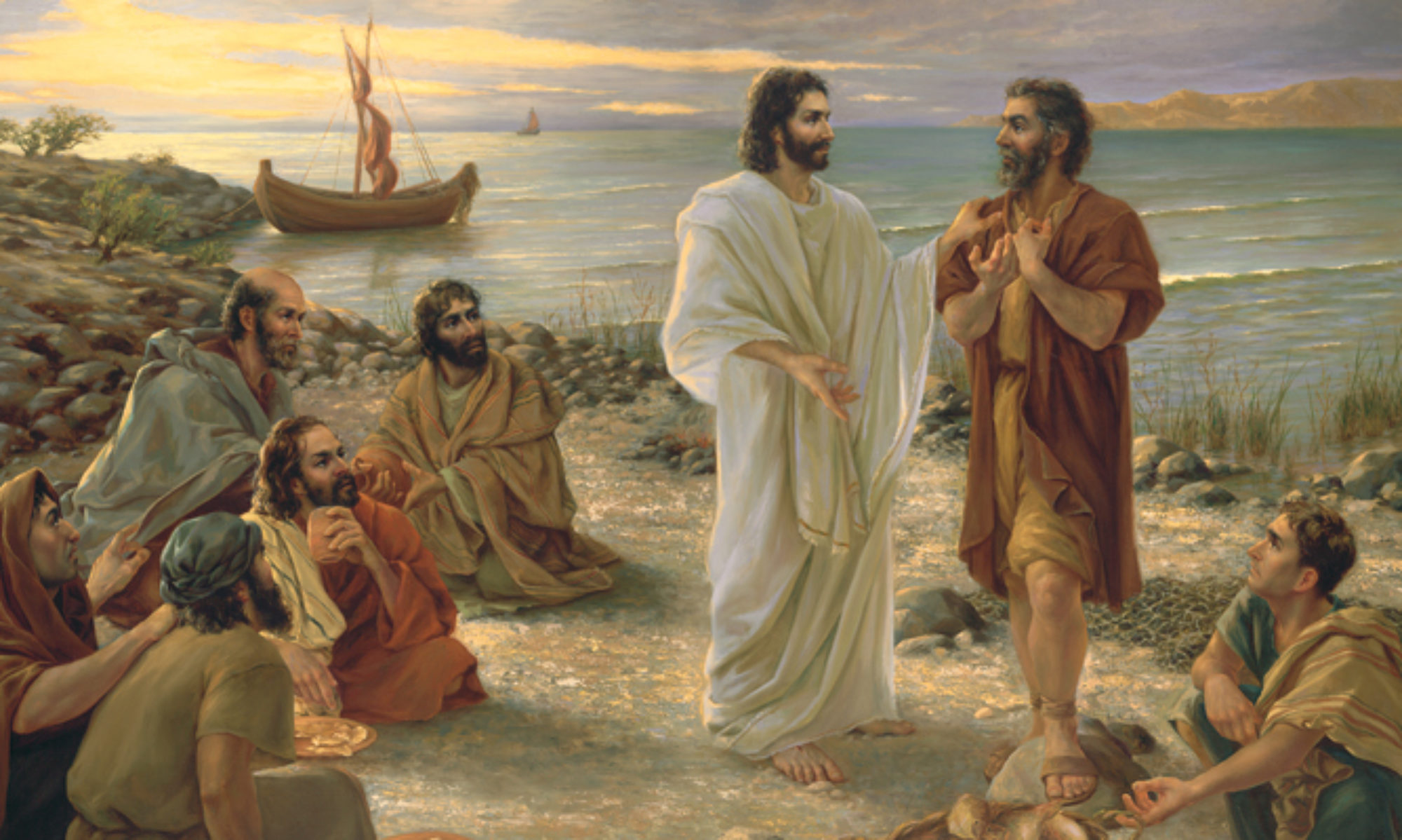This is a continuation of a previous post. More specifically, it is the other side of the coin. I discussed some of the elements that make up a good question. Here, we will discuss some aspects of a bad question. Let me clarify something first. I am not talking about questions asked by those in the class. The old adage regarding no bad questions holds true here (don’t trust Dwight on this one).

Questions asked by you, the teacher, however, can be bad. Here are some question types that are bad or, at the very least, less effective.
A “Guess What I’m Thinking” Question Is A Bad Question
Have you ever been in a class where the teacher asked a question, and it was obvious that she was looking for a specific answer? It usually doesn’t go over well. I was in a class where the teacher asked, “Which temple is the most important one?” After shooting down such answers as Nauvoo, Salt Lake City, Jerusalem, the teacher claimed that “the Kirkland Temple is the most important, because the keys to perform temple ordinances were restored there.” This was probably not the best question he could have asked.
A Question That Only Has One Answer Is A Bad Question
This rule doesn’t always apply, but usually does. Remember, the purpose of teaching is to create an environment where students can open their hearts to the voice of the Holy Ghost. Factual, trivia type questions usually aren’t very effective at bringing in the Spirit. In fact, it tends to separate the class into those who know the answer, and those who don’t. And, honestly, it is probably an answer that isn’t very relevant. Knowing the names of the twelve tribes of Israel didn’t cause much of a mighty change of heart for me.
A Yes/No Question Is A Bad(-ish) Question
This also isn’t a hard, fast rule, but is something to be aware of and to limit. The typical yes/no question doesn’t cause much thought, or tapping into past experiences. For example, “Was it raining when Noah built the ark?” is not a good question. Sometimes, a good yes/no question can be used to set up a better, open-ended question. You could follow up the previous Noah question with, “what insights do we gain from the fact that it wasn’t raining when Noah built the ark?” Another way to use a yes/no question is to ask a question that will be answered by the scripture passage you just read, to get the class to read more critically.
A Too Easy Question Is A Bad Question
“How do you think Nephi felt when his brothers tied him up?” This question will probably be met with blank stares. Don’t insult the intelligence of the class. You may be tempted to ask an easy question, thinking that it will get the class warmed up. It won’t. It will probably get them to check their fantasy football scores.
A Too Hard Question Is A Bad Question
On the other end of the spectrum, we have questions that are too hard. Again, you don’t want to isolate part of the class. Like the Savior, a good teacher will craft questions that will apply to all, regardless of their level of gospel scholarship.
While not exhaustive, this should provide some good direction as we strive to ask better questions. I believe that asking better questions is the most important skill we can develop as gospel teachers. It is also one of the easiest skills to develop. So, go forward, asking better questions. Don’t beat yourself up for previous mistakes, but commit to improve from this point onward. You got this!
